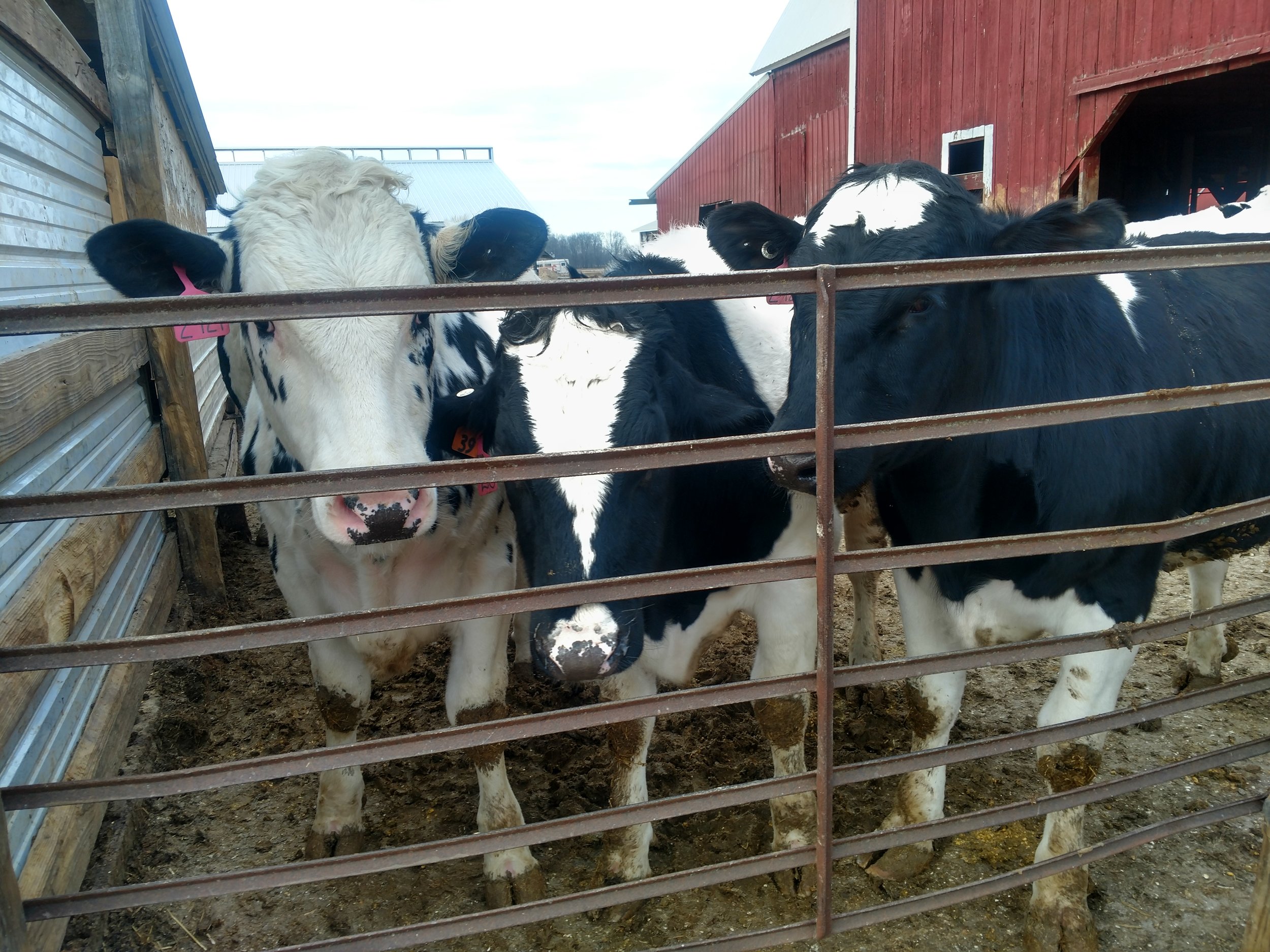Santa Monica
"Easier" does not mean easy.
Nobody makes the claim that farming is easy work, though it can be made easier with technology. There has certainly been an array of technological advancements made in the past few decades (post World War II) that have made commodity production easier. What used to take 10 families working double time to produce can now be grown by a single operator – and as a family with 700 cattle on feed, we’re okay with commodity production. What we do, and the means by which we do it, is still, by no stretch of the imagination, easy; but without the technologies we enjoy today it would be hard for us to manage more than a few dozen head. It seems, however, that as our customer base and the world become more concerned with how a product is made (raised in our case) the more demand they’re placing on specialty and niche products.
Industry Shift
I am thoroughly convinced that, in my lifetime, we will witness the end of commodity beef production; and if not in mine than certainly in our son’s. Personally, we’re already working towards more direct sales and nationally consumers are buying food labeled “organic” and “natural” at a break-neck pace, all the while major packers are, among other things, phasing antibiotics out of their pork and poultry supply chains. I’m against this paradigm shift, but I can’t say that I blame the people buying our products for a lack of knowledge. Imagine you’re comparing two cuts of beef in the meat case at your local grocer. One says “antibiotic free”, one doesn’t. The assumption then is that the one which makes no claim, either way, must be chocked full of antibiotics! It’s worth noting that all the meat in the store is antibiotic free. Guaranteed! But here again it’s not the fault of the customer; it’s a logical assumption to make given the information at hand – but it drives demand away from the commodity product and towards the specialty product and eventually affects us at the farm level.
Mass production does not mean we don't care.
My case for commodity production is simple. We’ve got a great system in place to deliver a great tasting, healthy, and safe product to people worldwide and do it very cost-effectively. I promise you that this is the way to produce the most protein with the fewest number of animals and inputs. It should be no surprise that we’re big fans of the Eat Local movement, but since 98% of our annual production is not sold directly to consumers it is in our best interest to keep people informed.
Future Generations
So while I hope that I will not see the day when commodity beef production ends and we’re left without a profitable outlet for our product; and while I desire a time when people come around to the idea that farmers are not trying to poison them; I can’t shake the feeling that the farms who survive to the next generations will have to wade into the tides of change, swim past the breakers of comfort, and watch the world of commodity production die.



